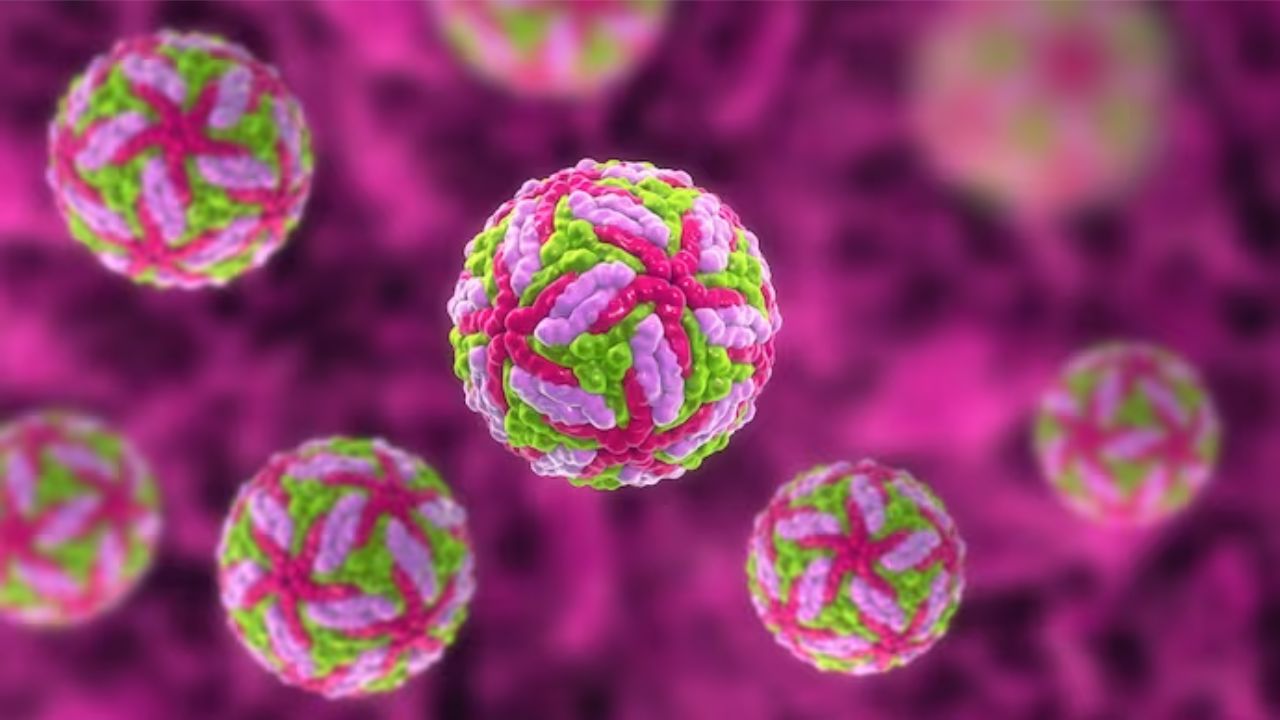What is Powassan Virus: In 2023, the Powassan virus causes its first fatality, which raises concerns. The Powassan virus, a tick-borne infection, recently caused its first fatality, causing global concern. This disease relates to the prospective impact on individuals with this uncommon condition. Experts warn that the Powassan virus, often referred to as a ticking time bomb, may become more prevalent in the future, posing a significant threat to public health.
The Maine Centre for Disease Control and Prevention (Maine CDC) confirmed the mortality of an adult resident of Sagadahoc County on 17 May 2023. The patient had contracted the virus and was displaying severe neurological symptoms. This is the first POW virus disease case reported in Maine this year.
Maine has recorded 15 confirmed cases of the virus infection since 2015. In 2022, however, four cases were reported, culminating in the tragic deaths of two individuals.
The virus poses a distinct challenge due to its severe neurological complications. In Maine, efforts are being made to increase awareness of tick-borne diseases and preventative measures.
Powassan Virus: Symptoms
A significant proportion of those infected with the virus exhibit no symptoms. However, the time between a tick infection and the onset of disease symptoms can range from one week to one month.
Early symptoms of infection with the virus include fever, headache, vomiting, and lethargy.
This results in severe illnesses such as encephalitis and meningitis.
Confusion, loss of coordination, difficulty speaking, and seizures can be symptoms of severe disease.
Approximately one in ten individuals with severe virus disease perish.
In addition, roughly half of those who survive severe illness may experience long-term health complications.
These can include recurrent migraines, a decrease in muscle mass and strength, and memory and cognitive difficulties. It highlights the enduring impact the virus can have on the health of individuals.
Diagnosis
If you suspect you have the virus disease, consult your doctor. The disease is diagnosed based on the patient’s signs, symptoms, and history of residing or travelling in a region where the virus is known to be prevalent.
In addition, laboratory testing of blood or spinal fluid is used to determine the condition. Your healthcare provider can conduct tests to identify Powassan virus infection or other infections with similar symptoms.
Powassan Virus: Treatment
There are currently no medications that can prevent or treat Powassan virus infection. Viruses are ineffective against antibiotics.
Resting, consuming fluids, and taking over-the-counter pain relievers can alleviate symptoms to a certain extent.
Severe cases frequently necessitate hospitalisation for respiratory support, hydration, and reduction of cerebral swelling.


















